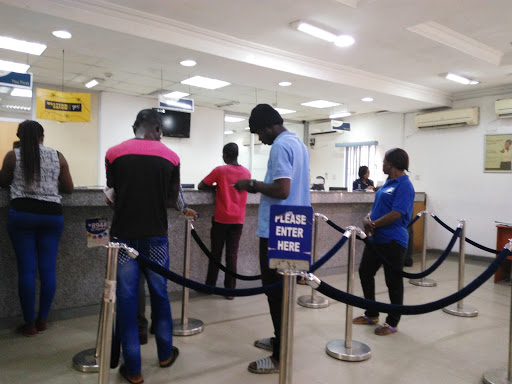In a recent release of data by the Nigeria Inter-Bank Settlement System (NIBSS), it has been disclosed that the number of individuals holding bank accounts in Nigeria and possessing the Bank Verification Number (BVN) has reached a staggering 58.7 million as of September 12, 2023.
This revelation comes amid a backdrop of heightened efforts by the Central Bank of Nigeria to enforce the linkage of BVNs to bank accounts, with the aim of closing accounts lacking this essential identification.
While contrasting this data with the year-end figures for 2022, where the BVN database recorded 56.5 million individuals, it becomes evident that there has been a relatively modest increase of approximately 2.2 million new BVN registrations over the course of the last eight months, including the initial days of September.
Comparing 2022 year end BVN data
This figure starkly contrasts with the previous year’s monthly average of 400,000 BVN registrations.
As of December 2021, Nigeria counted a total of 133.5 million active bank accounts.
Although the data for 2022 remains undisclosed, expectations are that it will reflect an upsurge, highlighting a substantial gap between the number of BVNs registered and the total quantity of bank accounts.
Nonetheless, industry experts point out that this gap may not be as significant as it seems, considering that multiple accounts can be linked to a single BVN.
The Bank Verification Number serves as a unique identifier, facilitating the verification of individual accounts throughout the Nigerian banking sector.
Issued to every bank customer upon enrollment, it is interconnected with all accounts the customer holds across Nigerian banks.
According to NIBSS, the BVN not only provides a distinctive identity for bank account holders but also bolsters the security of their accounts by safeguarding them against unauthorized access.

